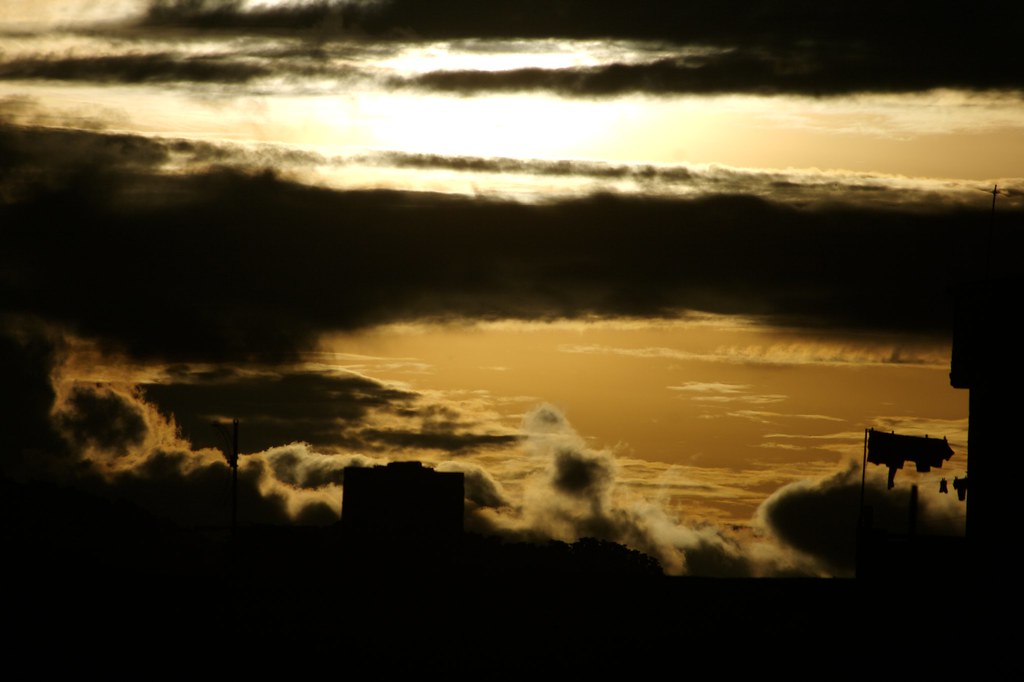In the summer of 2008, thirteen Nepali activists and journalists, who are part of the Dalit ‘untouchable’ caste, used professional video and photography equipment within their communities.
In three months, these one-on-one workshops produced over 4000 photographs and over 60 hours of video footage.
The Clean Hands Project offers a snapshot of their lives and the issues they and other Dalits face. View the The Clean Hands Project photography exhibit, read the The Clean Hands Project book, watch the documentary film, and become involved in the ACTION tab on the The Clean Hands Project website.
Produced in collaboration with The Advocacy Project and the Jagaran Media Center.
